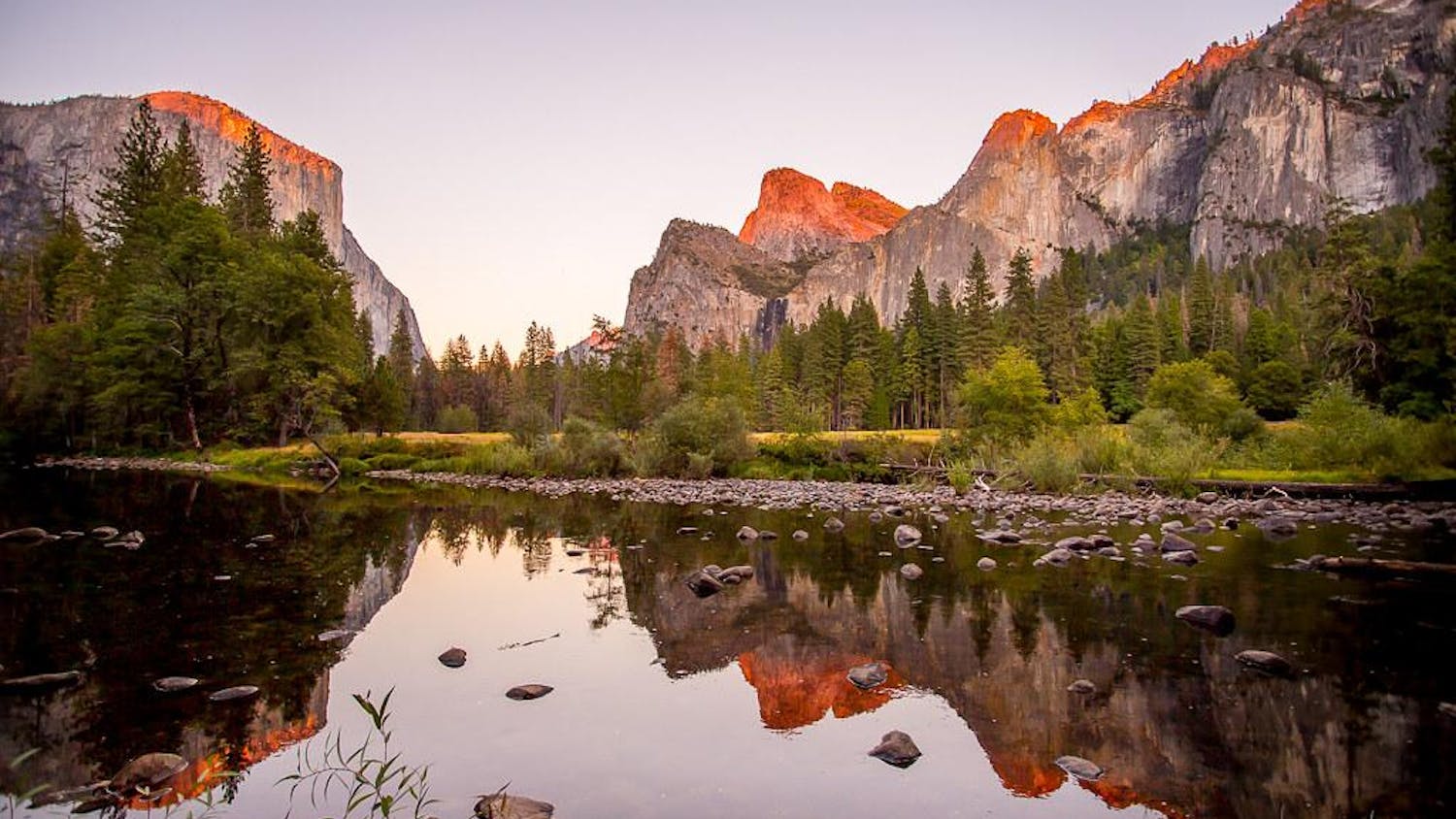Too often we feel pressured to come to a decision. Especially at Tufts, and most especially when faced with something as controversial and divisive as the Israeli-Palestinian conflict. The violence does not end while we argue over who has rightful claim to the land, who was there first, or whether Israel is an apartheid state, etc. The politics of the issue command the conversation while legitimate perspectives are overshadowed and unheard.
In its second year of fruition, Visions of Peace aims to build a more peaceful society via engaging with diverse viewpoints and projects supporting peace initiatives and shared societies in Israel and the West Bank. Though it is impossible to separate the politics from the conflict, it is the human connection, the raw narratives and the commitment to a shared society that lead the way to peace. As a senior intern for the VOP Fellowship, I had the extraordinary opportunity to see how the fellowship evolves, and how the situation on the ground changes. We talked with multiple people, from former IDF soldiers and self-identified settlers to Arab Palestinians and Palestinians with Israeli citizenship (some also identify as Arab-Israeli).
While it was originally created to be a place for unifying voices from different political viewpoints behind the common goal of peace, Visions of Peace has grown to be more than that. Rather than focusing on our own perspectives and ideas about how to navigate this conflict on campus, our aim this year has been to “make the voices of peace and reconciliation louder than the voices of the conflict,” as Tiffany Addo, one of our fellows stated at the conclusion of our trip. This involves not only listening to each others’ backgrounds and histories, but most importantly, to those of Israelis and Palestinians who are affected by it.
For people in this region who live the reality of the conflict every day, they do not care about Tufts campus politics. They care about the peace they once lived before the escalation of the conflict. Specifically, according to a historian we heard on the Fellowship trip, this peacefulness dates back to before the second intifada. He described it as the sharing of Jerusalem without the checkpoints and the animosity felt between residents. The narratives we had the opportunity to hear have hope for a future of a lasting peace. Blood has been spilt on all sides, and only with this in mind can the process for peace and reconciliation be brought to the forefront. All sides suffer, for they are all human. Humanity is for everyone.
More from The Tufts Daily
It’s time to get serious about trees
By
Kunal Botla
| September 19
Fund our national parks
By
Keshav Srikant
| September 17





